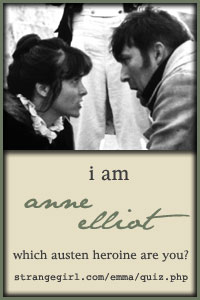“The
best thing one can be is a horizon.”
—Adonis
This
quote I came upon follows right on the heels of that other, “a writer is a
foreign country.” In mulling over
the latter I was thinking that the country I am would have in its language many
subjunctive tenses—that is, horizons where things aren’t yet set. A horizon offers possibility and
hope. At the horizon, anything is
possible. (In art, is the horizon
the same as the vanishing point?
Not necessarily, I think.
But I’ve been drawn to those moments defined by the viewer’s perspective,
too.)
I
like this further quote of exploration in that liminal realm, threshold of
everything, both time and space:
“We swung over the hills and over the town and back again, and I saw how a man can be master of a craft, and how a craft can be master of an element. I saw the alchemy of perspective reduce my world, and all my other life, to grains in a cup. I learned to watch, to put my trust in other hands than mine. And I learned to wander. I learned what every dreaming child needs to know—that no horizon is so far that you cannot get above it or beyond it.”
—Berly Markham, West with the Night
And this, a fine example of the best subjunctive mood:
“…all human wisdom is contained in these two words, - ‘Wait and hope.’ – Your friend, Edmond Dantes, Count of Monte Cristo. The eyes of both were fixed on the spot indicated by the sailor, and on the blue-line separating the sky from the Mediterranean Sea, they perceived a large white sail.”—Alexandre Dumas, The Count of Monte Cristo
Leaving
you there, with them, to contemplate—to be—the horizon.
image: Yehuda Edri III




















a perfect picture.
ReplyDeleteYes, I do love that picture.
ReplyDelete